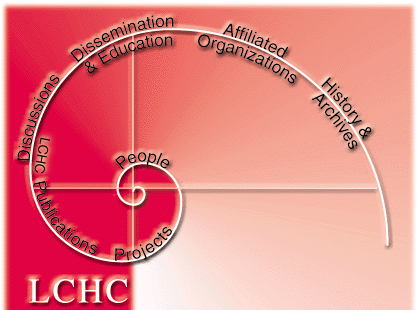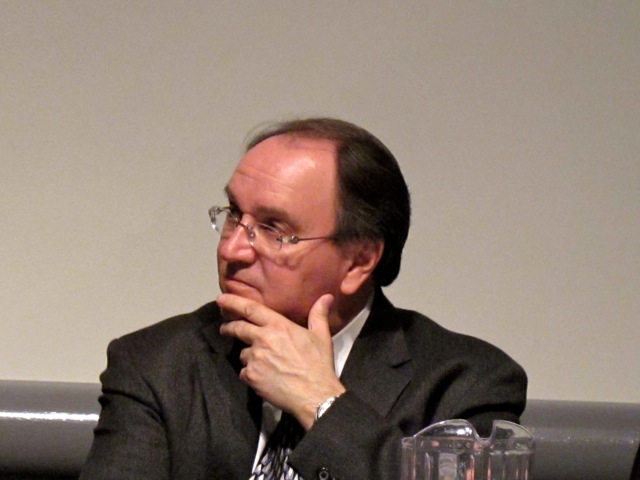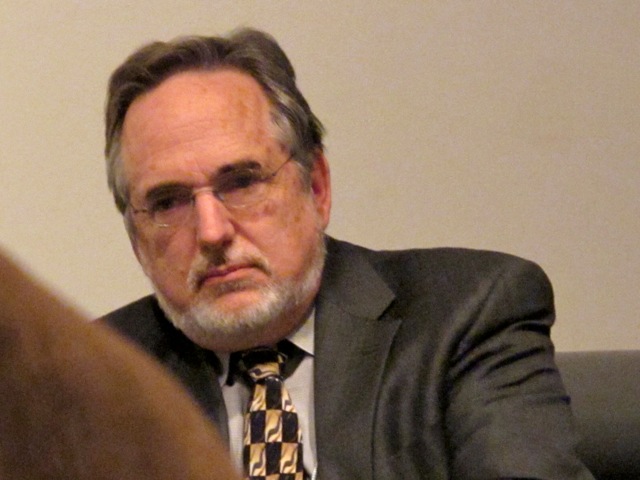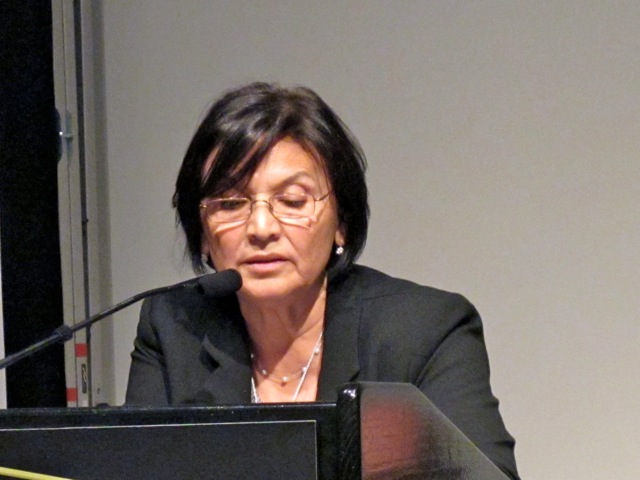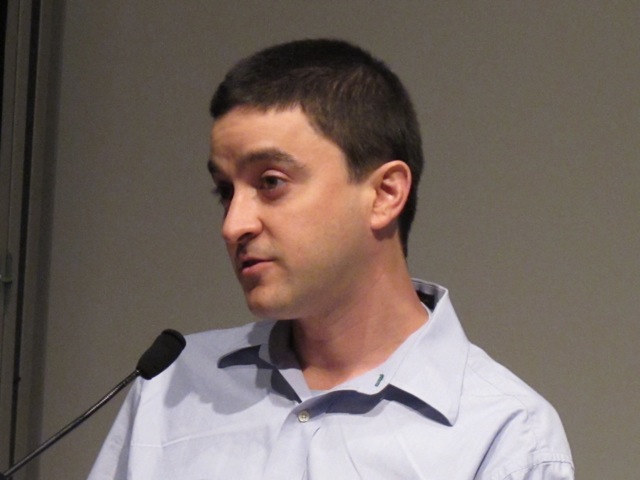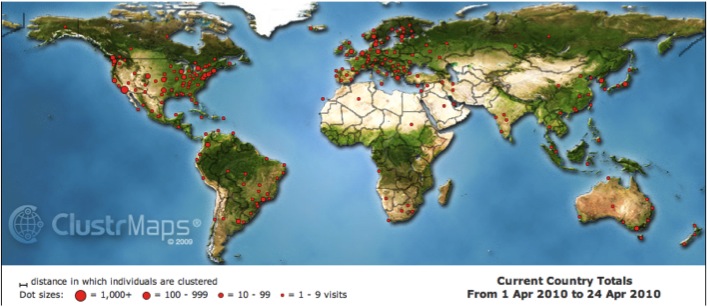Relocating the Laboratory:
40 Years of Collaborative Research on Culture
Sylvia Scribner Award Address
AERA Denver, Colorado
May 2nd, 2010
Michael Cole, Ray McDermott, Luis Moll,
Denis Newman, Olga Vásquez, Katherine Brown, Robert Lecusay
& http://lchc.ucsd.edu
Slide 1
Michael Cole: Origins of the Lab
Relocating Psychology, Culture & Society
Intellectual Foundations:
Paradoxes of Cross Cultural
Research: Subjects are not assigned to culture at random, so experiments suspect.
Institutional Foundations:
Practical need for a place to
create democratic collaborations along multiple demographic dimensions.
For both theoretical and
practical reasons, increasing diversity to disassemble binary
oppositions became a
central
need.
Slide 2
Ray McDermott: Rockefeller Years
Diss-locating Experiments:
A. Ecological validity
1. Social relations vs. focus on “the task”
a. People organize the conditions of everyday problem solving
b. Tests require responding
without social resources to “pre-pared” tasks
B. Use language data from home
and community as materials for experiments and data for comparison
C. Vygotksy and cultural
mediation enter the scene
Slide 3
Luis Moll: Cultural Resources
Re-locating the Institutional organization of
teaching:
Unmasking the causes of reading
failure of bilingual children in school arrangements and erroneous
pedagogical
theories.
Revealing early literacy in the
home:
Participation in literacy events
found to be ubiquitous across ethnic and social class boundaries. The
start of the
emergent literacy movement.
Re-locating collaborations and
education by using the emerging internet.
Slide 4
Locating “the Task” in Laboratories and Classrooms
Can we find problem isomorphs
across different lesson organizations of a 3-4th grade classroom?
Discovering the tradeoffs between
attributing problem solving to individuals and goal discovery in the
context
of social
resources.
Re-locating cognitive change
outside the individual and the limitation of laboratory methods in
education.
Slide 5
Olga Vásquez : Expanding/transforming afterschool programs
Relocating to Local Afterschool and University-Community Collaborations
Creating ideal environment to
promote development of Mexicano children
Design of multi-generational
pipelines to college
Diversity of multi-institutional
collaborations among researchers across language,
ethnic, national, and social
borders.
Uptake & sustainability
become central criteria of success
Slide 6
Katherine Brown: Relocating work
Re-newing to focus on work
settings:
Engeström & Development at
Work: historicity, collective forgetting & work place change
in
medical, legal and university settings
Re-searching theory:
Combining Vygotsky, Leontiev,
Dewey, Mehan, Lave, Rogoff -> CHAT
Re-taining a network
Slide 7
Robert Lecusay: LCHC Today
Re-locating Activities
Adult-child fantasy play worlds
as media for intergenerational development.
Re-connecting emotion, cognition,
& development; making perezhivanie visible & palpable
Re-considering the process of
intervention: from design experiments to mutual appropriation
No predesigned object—create
jointly with community – Mutual Appropriation
Slide 8
XLCHC and XMCA
Newsletter of the Lab and Mind, Culture, and Activity
The immense contribution of visitors from other countries
Top row (left to right): Bill Blanton,
Denis Newman, Ray McDermott, Deborah Downing-Wilson, Honorine Nocon,
Hugh "Bud" Mehan, Katherine Brown (behind Bud), Robert Rueda, Margaret
Riel, Mike Cole, Juanita Cole. Bottom row (left to right): Beth
Ferholt, Virginia Gordon, Robert Lecusay, Olga Vásquez, Noah Finkelstein
Slide 9
Visitors to LCHC Website 4/1 – 4/24/10
Slide 10
